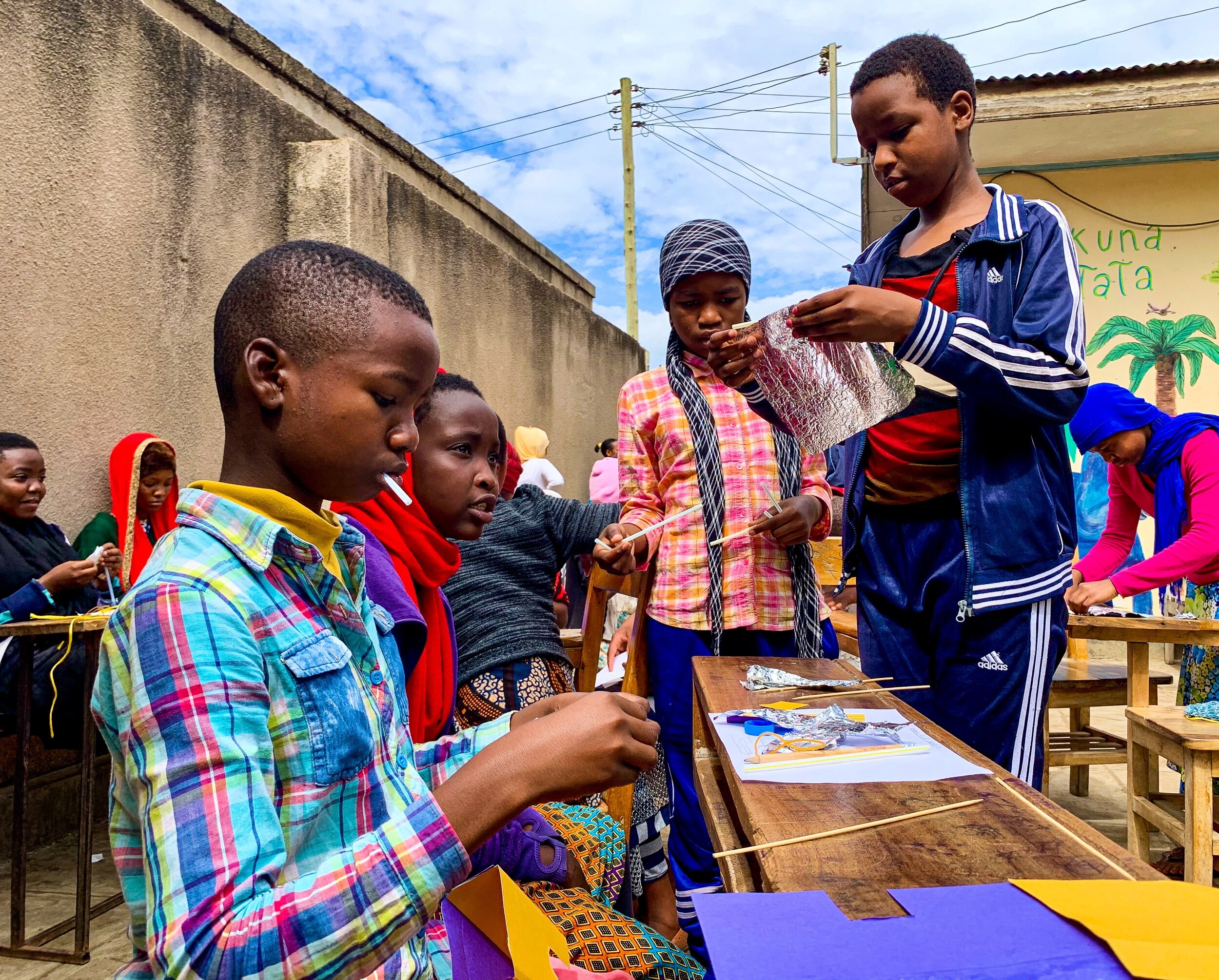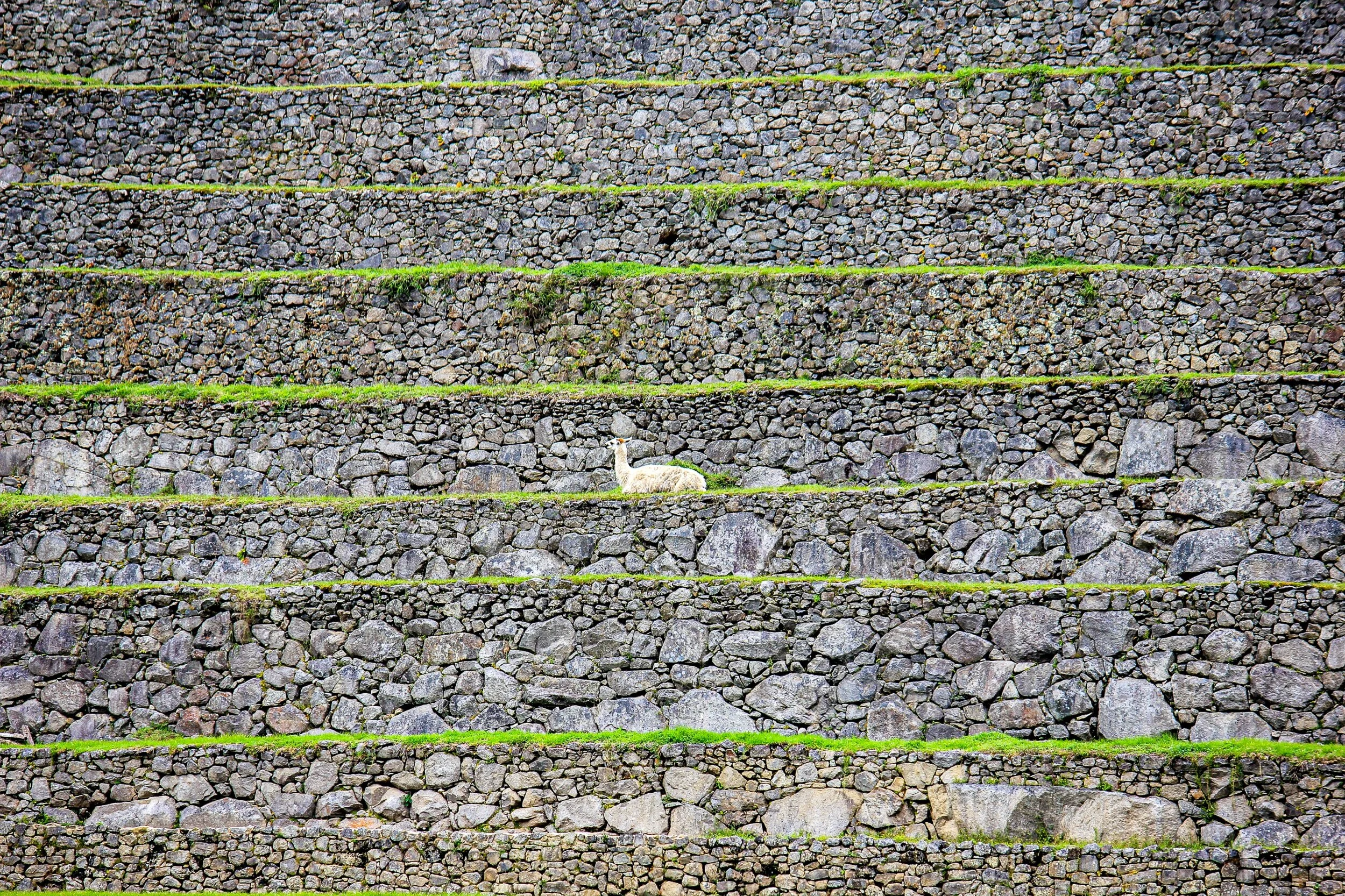Contributing Back to the System
We like to think we're special or first, that we live in important times. No one wants to think they're ordinary, living in a boring time period.
But maybe this period really is special. Perhaps for the first time in human history, the common person possesses a skillset incongruent with the world they inhabit. Put another way, most people don't have the skillset to produce all the perks they enjoy on a daily basis. I don't know how a cell phone works—do you? AI and machine learning enable a complex economy and supply chain of which I have no idea how to build or operate. We show up to a grocery store, and food is there. We click a button on a website, and supplies arrive at our front doorstep the next day.
What does this mean? Do we have some responsibility to contribute back for this free ride we are getting?
Looking up Broadway Street in Nashville, Tennessee - May 2022
In ancient times, every human needed specific skills to survive. If a man couldn't hunt or protect the tribe from danger, he was no use to the tribe, and thus probably reassigned to something else in order to contribute. He may even have been banished, which was as good as a death sentence. Either way, he likely didn't reproduce much. It was the strong and competent who passed on their genes. This went on for thousands of years—think about it: we are the progeny of the survivors, the ones who solved problems and survived disasters. We are the inheritors of the most talented and capable humans.
Today, I benefit from technology of which I understand very little. I use my cell phone daily, and I could not tell you the basics of how it works. Advanced technology powers our financial and economic systems—I pay for everything with a credit card for instance—and I do not fully understand how it all works. When something ails me, I visit the doctor, who can diagnose and break down whatever health issue I'm facing and prescribe a treatment that can alleviate it. I don't understand the nuances of how any of that works. But I benefit from it. I live a fuller, healthier, more fulfilling and enjoyable life because of the work that so many have done. Do I deserve it?
Was I not simply born in the right place at the right time? I don't mean to imbibe guilt; we should be able to freely enjoy the perks of living in 2025 without shame. But we should recognize how good our lot in life is. We benefit from modern miracles all around us. Our lives are easier today than they would have been 10, 50, 100, 1,000 years ago. What do we give in return?
Charming Little Havana in Miami, built by a strong community - June 2022
We benefit from the system. It's our responsibility to give back to it, in some way, depending on our unique circumstances. It can be directly through our jobs—custodians literally clean up our community areas, after all. Some people work as electrical engineers or teachers or software developers or construction workers and literally build the system. It could be through any activity outside of our work—volunteering, donating money, raising awareness about causes. But it feels fair to give something, in some way.
We are part of a system, part of a global community, and we benefit from being a part of that system. We are the system. It's only fair to add to it, to help try to make it better for everyone else, and for those who come after us. After all, it feels good to be a part of something. It feels good to improve, to win. We can feel these things when we buy into global consciousness. When we work towards uniting humanity. When we inspire change in others. When we truly believe that we can change the world.






















